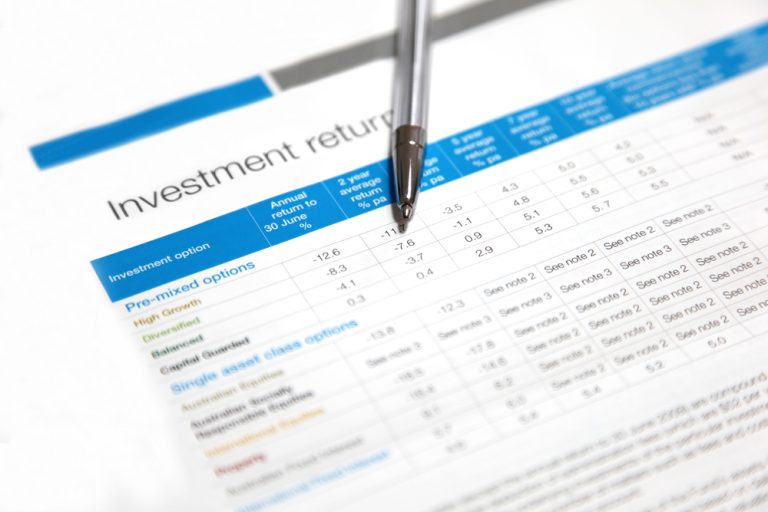Active or Index Funds: What’s Your Best Bet?
Ever glanced at a list of different managed funds and wondered why some have remarkably low fees compared to others? Chances are, the ones with lower fees are index funds, also known as passive funds. Over the last couple of decades, index investing has become increasingly popular, with big players like Vanguard and Blackrock managing trillions of dollars in assets (as of 2022). Before we dive into the reasons and consequences of this trend, let’s break down the two main investment styles: Active Investing: Index Investing: So, why has index investing gained so much ground? 1. Lower Fees: 2. Performance Challenges: For instance, at the end of 2022, 58% of Australian General Equity funds returned below the index. Over 5-, 10-, and 15-year horizons, the underperformance proportions were 81%, 78%, and 83%, respectively. Similar trends are observed in international equity markets. While choosing index funds may seem logical, it’s essential to consider their underlying premise. Returns come from income (like dividends) and changes in capital value over time. However, for the latter to happen, there must be market activity—investors trading securities. If everyone exclusively invested in indexes, the market would cease to exist. Index investing doesn’t screen shares, meaning investors get exposure to both ‘good’ and ‘bad’ companies. Also, there are no exclusions based on environmental, social, or governance (ESG) criteria, which some investors prioritise. In the active versus index debate, there’s no clear right or wrong. Many investor portfolios combine both approaches. Index funds or ETFs are often used for broad exposure, while active investment may be reserved for specialised exposure, such as smaller companies, property, or infrastructure. Regardless of your choice—active, index, or a mix—the fundamental principles of investing still apply: diversification and time in the market are key to building long-term wealth. The information provided in this article is general in nature only and does not constitute personal financial advice.


